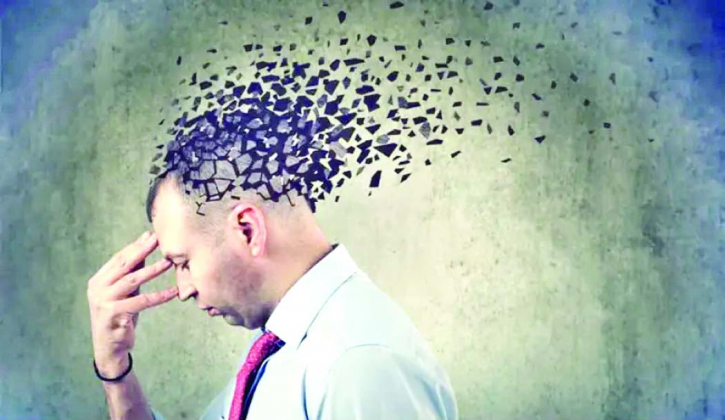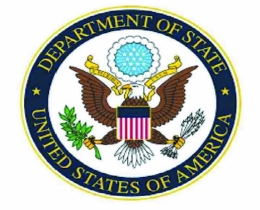
Scientists at the Salk Institute for Biological Studies in the United States have identified the brain molecule that causes emotions to be connected to memories, either positively or negatively. Their findings, which were published on July 20, 2022 in Nature, open the door to a deeper understanding of why some people are more likely to remember bad than positive emotions, as can happen in cases of anxiety or depression.
A little peptide protein called "neurotensin" distinguishes between memories that make us smile and those that make us tremble.
Previous research in mice has demonstrated that when they learn to connect a certain musical tone with a sweet reward, signifying a happy memory, a group of neurons in the brain's basolateral amygdala become engaged. In the same experiment, when mice connected a different tone with receiving an electric shock, a bad memory, another group of neurons, again in the basolateral amygdala, were activated.
Hao Li and his colleagues at the Salk Institute for Biological Studies in California weren't sure how this neuron activation happened. Because neurotensin has been linked to fear learning—the process by which an animal learns to identify a neutral stimulus with a fearful event, like an electric shock—they hypothesised that this neuropeptide was at play.
Researchers discovered that while the brain evaluates novel events in the moment, neurons change how much neurotensin they release, which changes which neuronal pathways the incoming information travels through to be encoded as either happy or negative memories.
However, it is essential for life that the human brain retain natural signals and other information that it interprets as good or negative memories.
Although this represents a tremendous breakthrough in our understanding of the human mind, neuroscientists are still far from knowing how our brains encode, store, and eventually discard memories.





































